
In Conversation with Bria Gadsden of Love Your Menses, Inc.
November 23, 2020
Describe your business in a few words?
Love Your Menses, Inc. is a 501(c)(3) nonprofit organization founded in response to the growing menstrual wellness needs of young people. We provide a platform for girls and young women of color to become more aware of their bodies and to embrace the transition period from pre-puberty into puberty.
What made you take the leap to start your own business?
As an adolescent, no one taught me about periods or prepared me for my first period. As I got older, I had to teach myself about menstruation through reading books, online articles, and asking my OB/GYN questions. I decided to co-create Love Your Menses, Inc. with Dr. Ebere Azumah, MD, MPH because there were not many organizations providing menstrual education and resources to Black and Brown girls and young women in my community and similar communities across the U.S., and we wanted to change that.
What was your background prior to starting your own business?
Prior to co-founding Love Your Menses, Inc., I was working in public health for the health department in Boston, MA. My background in public health has been very beneficial to my business, for I know how to develop effective and impactful health promotion programs for adolescents.
Did you always know you wanted to be an entrepreneur?
Yes, since I was a teenager, I knew I wanted to start my own business. However, I did not not expect to start a nonprofit organization.
Take us back to when you first launched your business, what was your marketing strategy to get the word out and did it go as planned?
When I first launched Love Your Menses, Inc., I utilized my personal social media platforms (Facebook and Instagram primarily) to spread awareness and gain support. I also reached out to my mentors and community leaders to share information about my business to people in their networks. Surprisingly, marketing my business was not difficult, for we are addressing a need that many girls and women can relate to. The hardest part of marketing has been creating engaging and "click worthy" content and gaining more social media followers.

We always learn the most from our mistakes, share a time with us that you made a mistake or had a challenging time in business and what you learned from it?
My biggest challenge has been learning the process of establishing a nonprofit organization and managing all of the complex paperwork. Throughout this process, I have learned how important it is to create SMAART goals and a clear vision for your business prior to establishing it as a formal entity. Although the startup process has been challenging, I will continue to persevere because the work we do is necessary and girls and young women across the United States deserve equitable menstrual education, access to menstrual health resources, and mentorship.
What is the accomplishment you are the most proud of to date?
Since April 2020, our organization have impacted the lives of over 800 girls in the U.S. and globally. I am most proud of our team's commitment to ensuring every girl has the resources they need in order to have healthy menstrual cycles. On October 3, we hosted a menstrual health day in Abuja, Nigeria and 460 girls and women were in attendance. Despite not anticipating a high number of participation, we made sure every participant received free menstrual products at the end of the event.
When hiring for your team, what is your go-to interview question? Please share any hiring tips you can share from your experience?
This year, we hired our first intern. My go-to question during the interview process was "If you could create a menstrual equity project, what would it be and why?" The reason why I asked this question is because I wanted to assess their creativity and passion for menstrual equity. Based off of responses, I could easily differentiate between those who are passionate about girls' menstrual wellness and those who are not. One of the reasons why I hired our intern is because her response to my "go-to" question exemplified someone who is passionate about enhancing the health and wellness of adolescent girls of color.
How has your business or industry been impacted by the COVID-19 pandemic?
We had a few in-person menstrual education workshops scheduled to take place that we had to postpone due to the COVID-19 pandemic, which was disappointing. However, we have been able to accomplish many things during this pandemic. For example, we have been creating and distributing free period care packages and postpartum care packages to girls and women in need in Boston, Liberia, and Nigeria. Each care package includes essential items needed to care for your menstrual/ postpartum health. This pandemic has made people really the importance of menstrual equity and ensuring everyone who bleeds has access to period products, especially because periods do not stop for pandemics.
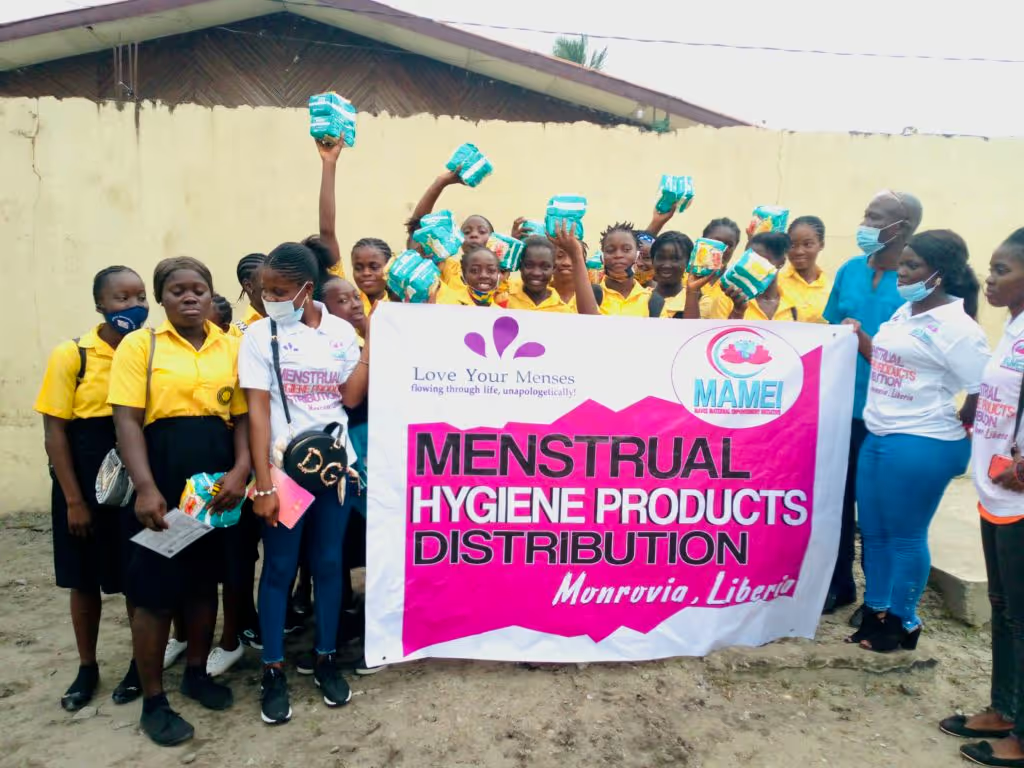
What's next for your business? What can we expect to see over the next few years?
Periods do not stop for pandemics, so neither will we! Over the next few years, we will continue supplying girls worldwide with free menstrual hygiene products, opportunities to participate in health education workshops and receive mentorship from women public health and medical professionals. We have just launched a new project, Bleed and Stay in School (BASS), in which we will be building new bathroom facilities for girls and boys at an under-resourced school in Liberia. We are expected to begin construction in March 2021. Our hope is to re-build as many bathroom facilities across the world and equip them with menstrual products and other hygiene products.
What is the biggest lesson you have learned in 2020?
The biggest lesson I have learned in 2020 is to never be afraid to "show off." For so long, I would keep my accomplishments to myself and never share them with people in my network. In an odd way, this pandemic has enabled me to rely more on people in my network for support, especially in regard to funding my organization. People have been so supportive and inspired by the work I have been doing, and it has made me more comfortable sharing my accomplishments and showing off my work while still remaining humble.
What do you know now that you wish you knew when you were first starting your business?
I wish I would have known how difficult it is to fund a startup nonprofit. I always assumed that once we became a nonprofit, we would automatically receive grants. However, my co-founder and I had (and continue to) invest our own funds into the business in order to make sure our organizational goals are accomplished.
How have you managed to stay grounded this year?
I have managed to stay grounded by practicing self-care; specifically, going for nature walks everyday and doing a juice cleanse once a month. With so much happening in our world, it has become difficult to focus on the present moment and remain calm. However, everyday I strive to protect my peace by taking care of my mind, body, and spirit. This has allowed me to stay grounded and pour into my business with a clear mind and vision.
Do you believe in work/life balance? What are some of your best tips?
I do believe in work/life balance; however, everyone's experience is different and has different needs. For me, I struggle with scheduling too many meetings in one day, which sometimes causes me to eat lunch and dinner while on a zoom call. Lately, I have been blocking off my calendar during lunch times and after 5pm as a way to prevent myself from scheduling meetings during times when I should be eating, relaxing, or simply spending time with my family. If you are someone who also struggles with balancing work meetings and personal life, I would suggest blocking times off on your calendar as well or limiting your meetings to 30 minutes or less, if possible. Most meetings do not need to be an hour long; if you create an agenda with clear goals and objectives for the meeting, it may help maximize your time.
What's something our audience would be surprised to learn about you?
You would be surprised to learn that I am only 26 years old. As someone with no experience working in nonprofit management, I have been able to establish an organization and obtain 501(c)(3) status with the help of my co-founder, who also has no experience working in nonprofit management. Since starting LYM, I have been reading many books and articles related to operating a successful nonprofit organization.
What are your top 3 tips to stay productive each day?
1. Breathe, Stretch, Affirm- Whether it's 5 minutes or 30 minutes, start your day by practicing breathing techniques and stretching. Showing your body and spirit some much needed love and attention and saying positive affirmations in the morning will allow blood to flow and make you feel good inside and out!
2. Look at your calendar/ daily planner- Sometimes I have a hard time remembering meetings I scheduled, so every morning I check my calendar to see what meetings I have scheduled and what I need to do to plan my day accordingly to make sure I accomplish all of my tasks.
3. Reflect- At the end of each day, spend about 5 minutes reflecting on your day. You can ask yourself, "what did I accomplish today" or "what could I do differently to make sure tomorrow is a better day?" This will help you hold yourself accountable and practice self-awareness.
What does being an Entreprenista mean to you?
To me, being an Entreprenista means to live in your truth and use your passion and talents to create meaningful and positive change. I encourage all Entreprenistas to let your passion fuel your drive and every time you feel discouraged, just think back to the “why” behind the creation of your business.

.png)
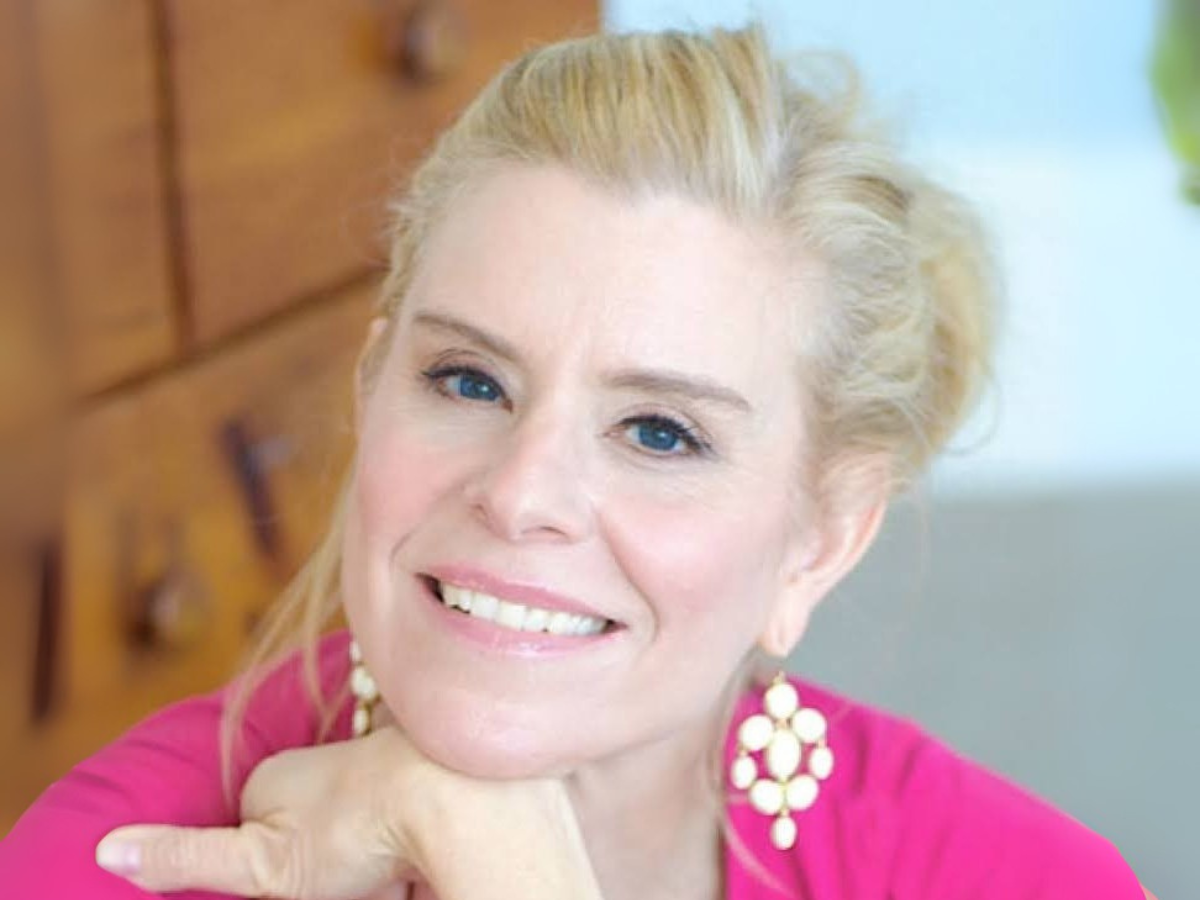
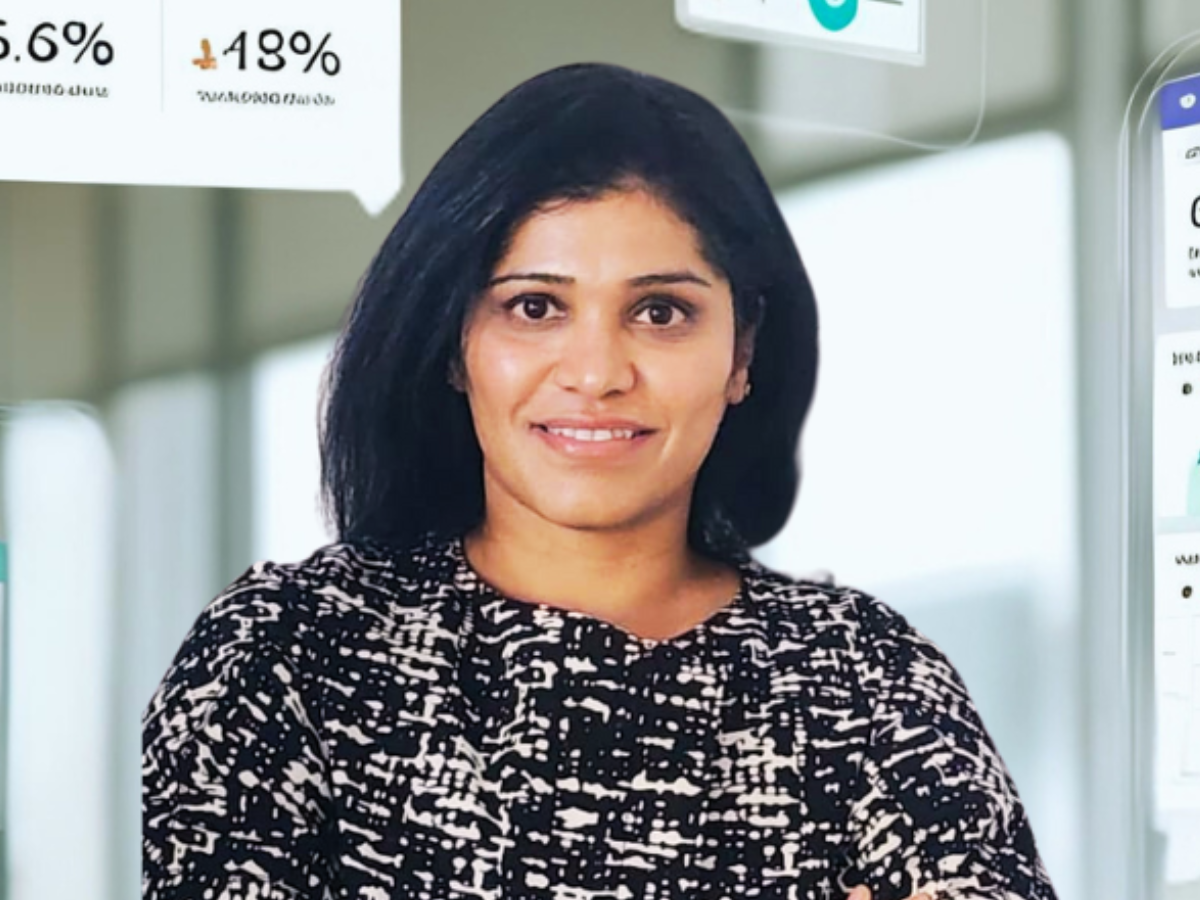
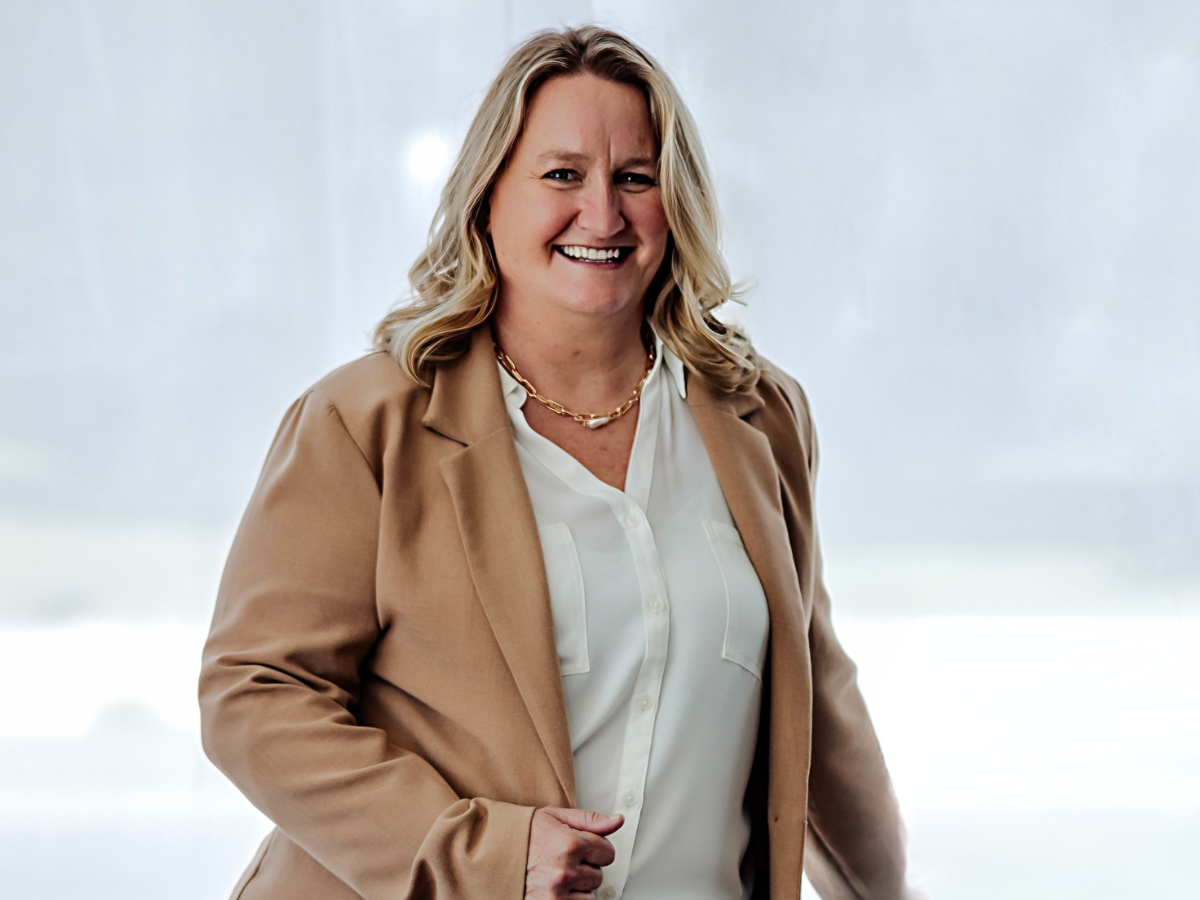


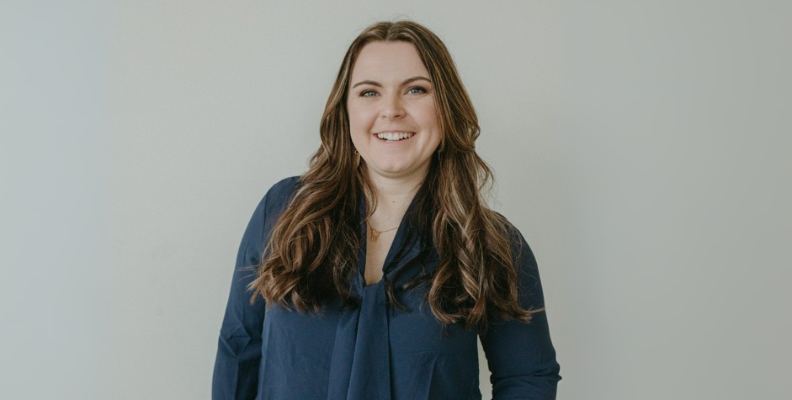
.png)
%20copy.png)
%20copy%2010.58.49%E2%80%AFAM.png)


.png)


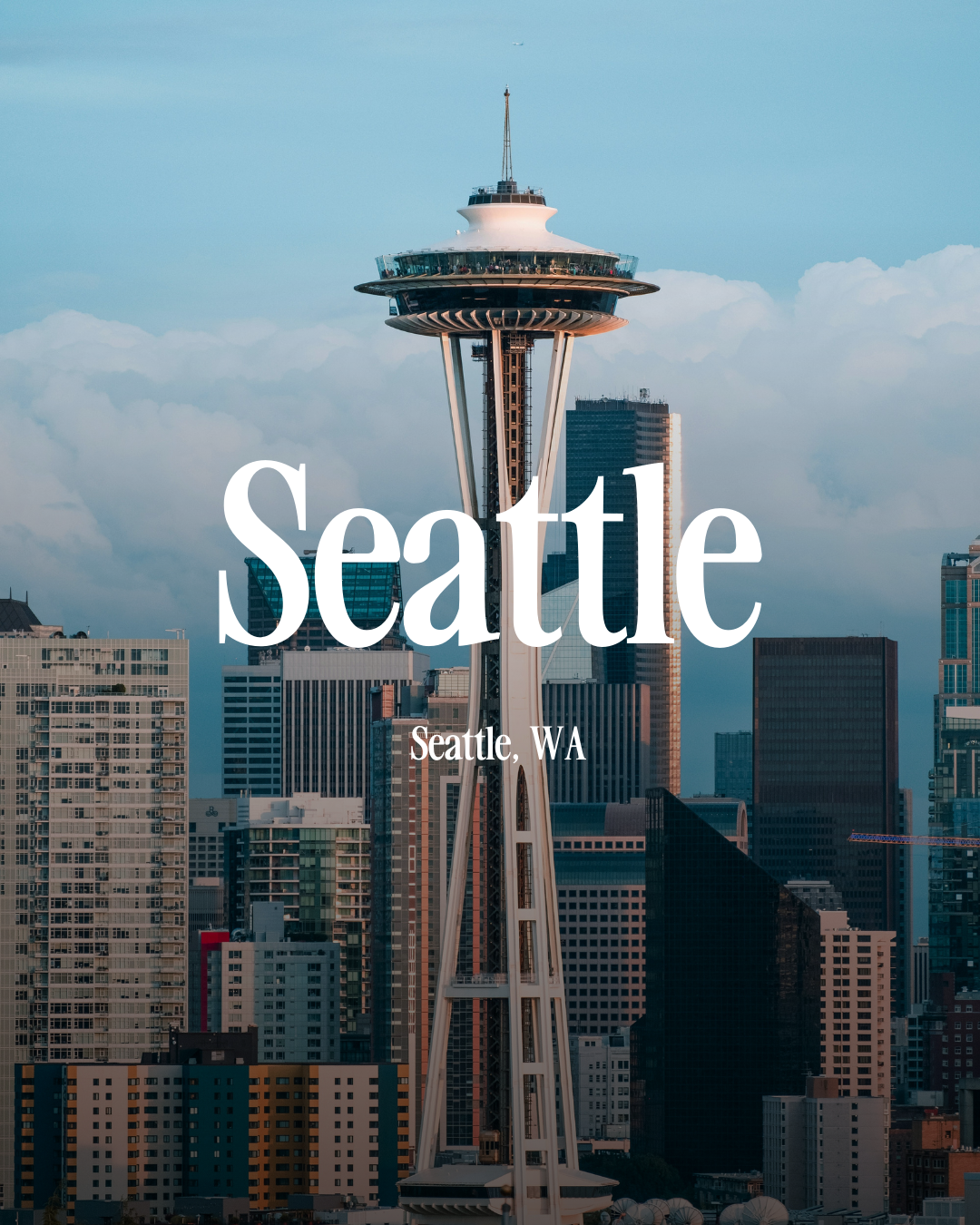



.avif)

